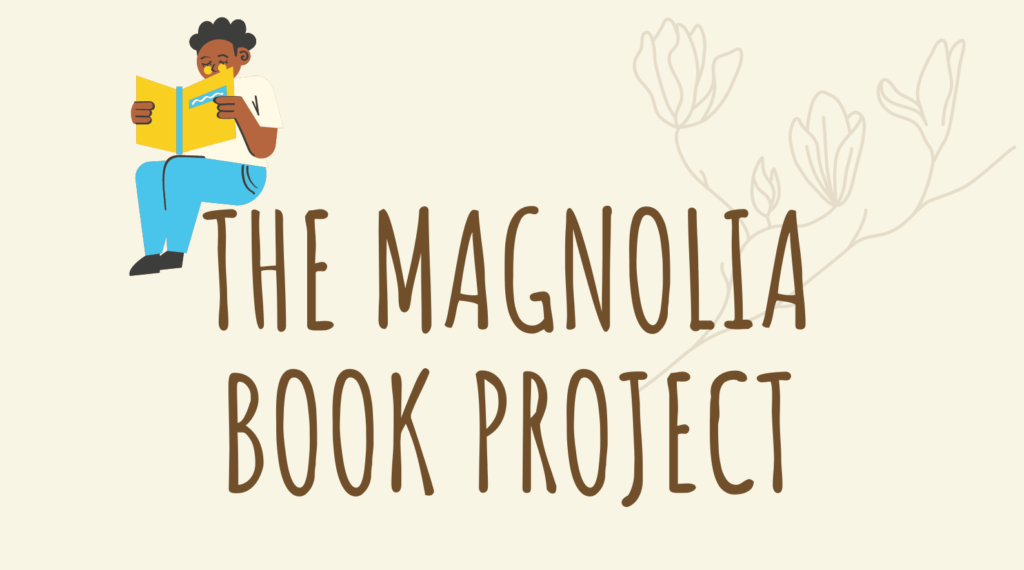
In 2022, Professor Andrew Day and I established the Magnolia Project. Andrew came up with the idea and the name. I loved it. When I lived in Canberra, our next-door neighbour had an old magnolia tree in their front yard, and when it was in flower, it was the most beautiful (and unusual) tree I had ever seen. Magnolias are a symbol of perseverance and dignity: two qualities that help individuals and families to move beyond incarceration. In my work I see many parents who are imprisoned. I have learned that often their parents were also absent or incarcerated during their childhoods. They are disconnected from family: literally and conceptually. This cycle of intergenerational adversity is difficult to break and yet we know that early intervention is critical to protecting children who are at risk of contact with the child protection, youth justice, and adult criminal justice systems. Children whose parents are in prison are often overlooked. They experience instability and uncertainty in their lives, and are very much the forgotten victims of crime. Children need to grow up knowing who they are, where they’ve come from, and that they are loved. The Magnolia Project takes a trauma-informed and strengths-focused approach. We recognise that both positive and adverse childhood experiences can have ongoing impacts throughout the lifecourse, and the Magnolia Project is focused on strengthening connections for families and children at risk, to promote not just desistance from crime, but prevention of future crime.